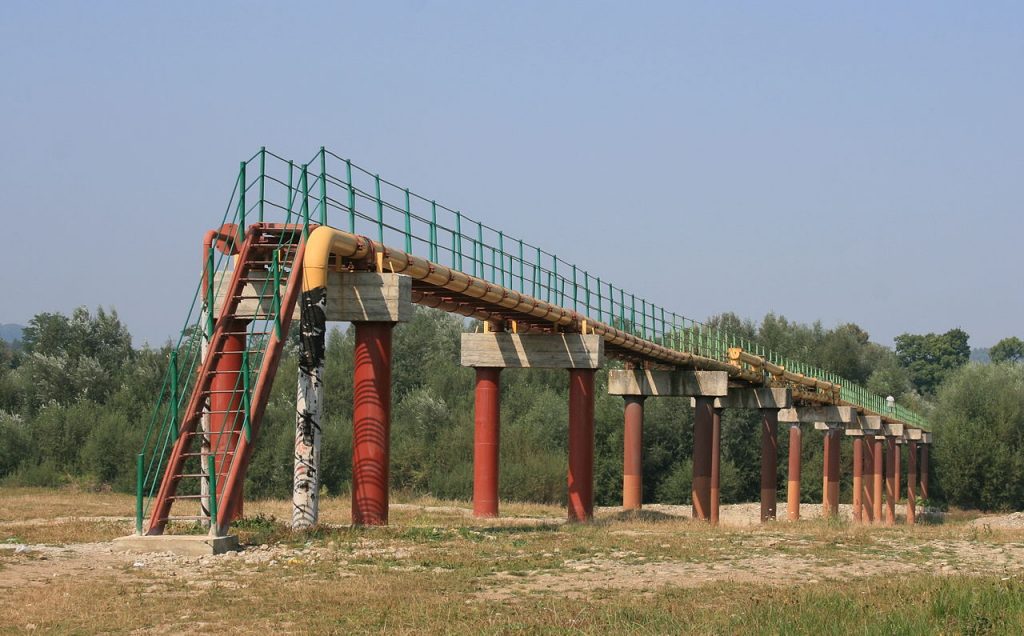
Much has already been written about how contaminated Russian oil made its way to eastern European customers nearly two weeks ago, with Moscow promising to resume normal oil flows as soon as possible. The crisis, which choked off one of Europe’s main oil supplies, helped push Brent crude oil prices to a near six month high, breaching the $75/barrel price point early last week. The disruption added to a cocktail of oil market concerns from ongoing geopolitical factors, U.S. sanctions against Iran and Venezuela, and oil production cut backs from the OPEC+ deal to remove 1.2 million b/d from global markets. Bloomberg said that the oil disruption made a fragile oil market only worse. Of course, the corollary to that argument is the supply disruption could actually benefit oil producing countries, namely Saudi Arabia, that is still keen to remove as many barrels of oil from global markets as possible to prop up prices while it also juggles Tweets and pressure from President Trump to increase production to put downward pressure on prices.
Refiners and oil firms in Europe nonetheless have cut purchases of Russian oil by up to a million barrels a day- or 10% of European oil imports - in a major disruption to supply from the world’s second largest oil exporter. The risk however has thus far only been short term since most refineries reported they had ample inventories to ride out the oil supply crisis. Analyst Stephen Brennock concurred, stating in a research note that “refineries usually hold ample crude stockpiles to guard against such disruptions…little wonder then that the initial knee-jerk price reaction petered out.” However, Poland has reportedly had to use its emergency oil reserves to make up for the loss of Russian oil exports.
Organic chloride contamination
It’s been recently reported the oil could have been contaminated with organic chlorides, compounds used in the industry to boost extraction from oilfields by cleaning oil wells and accelerating the flow of crude. The compounds must be removed before oil enters pipelines as they can destroy refining equipment or, at high temperatures, create the poisonous gas chlorine. However, the oil contamination problem, according to Reuters, could have been avoided. Tests by Russian oil consumer Belarus on oil from Druzhba showed organic chloride levels of 150-330 parts per million (ppm) between April 19 and 22, according to Gomeltransneft documents seen by Reuters, well above the maximum 10 ppm allowed by Transneft.
Now, the oil has to be stored somewhere while it also has to be diluted with cleaner crude to lower chloride levels. Yet, that could be costly, and entail using a number of crude tankers and millions of dollars. The scale of the contamination, up to 5 million tons and a cost of around $2.7 billion at current oil prices, indicate it could have been the work of saboteurs, some media outlets are reporting.
Plenty of blame to go around
Russian oil company Transneft, for its part, has accused a small private company of being responsible for contaminating the oil, claiming the issue had to be investigated. Transneft CEO Nikolai Tokarev said during a meeting with President Vladimir Putin in Moscow on April 30 that a firm in the Samara region (which he did not name) was responsible for the contaminated deliveries. Putin said the incident, which caused Belarus, Poland, Germany, and Slovakia to stop accepting oil shipments on April 25, had caused "very serious" damage to Russia's image as an oil exporter as well as to the oil infrastructure.
Subscribe to our evening newsletter to stay informed during these challenging times!!